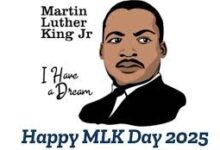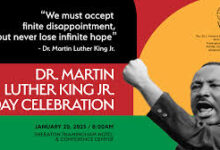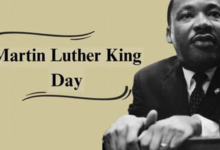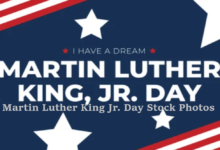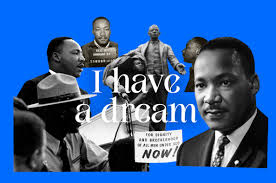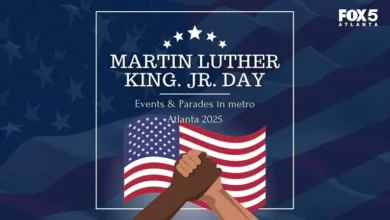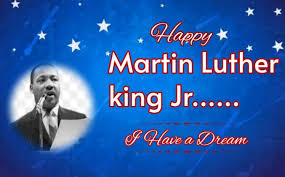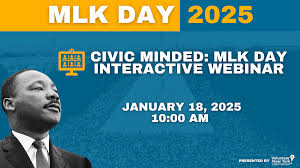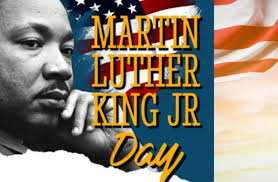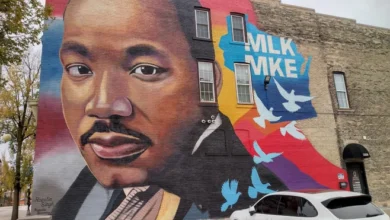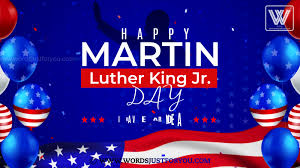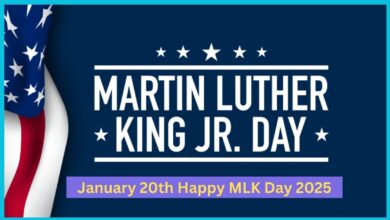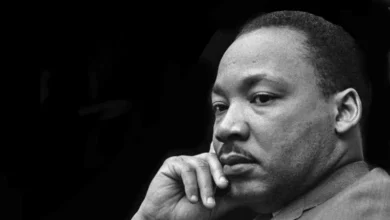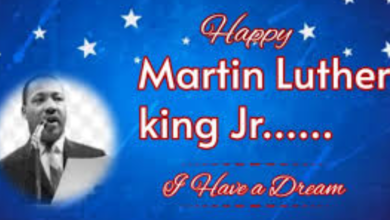Martin Luther King quotes on Education
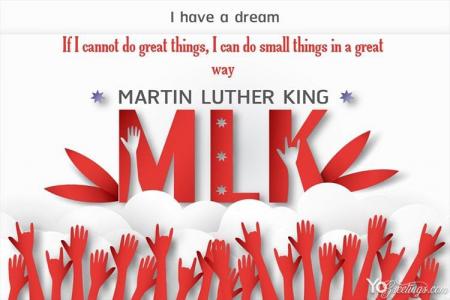
Few figures in history have spoken about justice, equality, and morality with as much clarity as Martin Luther King Jr. Most of us remember him for his leadership in the Civil Rights Movement, but Dr. King also placed a strong emphasis on the importance of education. For him, education was more than just acquiring knowledge—it was a force for societal change, personal development, and equality.
This blog explores seven thought-provoking quotes by Dr. King on education, accompanied by their timeless lessons for students, educators, and anyone striving to grow intellectually and morally.
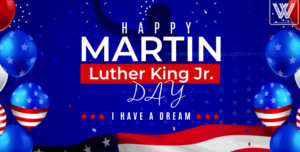
The Purpose of Education
“The function of education is to teach one to think intensively and to think critically. Intelligence plus character—that is the goal of true education.”
This quote captures the essence of why education is important. For Dr. King, education was about more than memorizing facts or achieving high grades. It was about developing the critical skills needed to separate truth from falsehood. Equally, the purpose of education was rooted in building integrity and character.
Lesson for Today
Modern education systems often prioritize test scores over critical thinking and morality. However, King’s words remind us to focus on developing well-rounded individuals. For educators, this means creating classroom environments that teach ethical values alongside reasoning. For students, it’s a call to actively engage with their learning beyond the textbook.
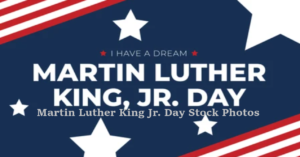
Education and Freedom
“There is nothing more dangerous than sincere ignorance and conscientious stupidity.”
Dr. King did not mince words when it came to the perils of ignorance. To him, education was a tool to liberate people from narrow-mindedness and empower them against prejudice and discrimination. Ignorance, he warned, keeps society stagnant and is often the root of injustice.
Lesson for Today
Whether tackling misinformation on social media or addressing institutional biases, this quote remains just as relevant. Education opens the pathways to awareness and fosters an inclusive society. Educators and learners alike must examine their roles in combating ignorance every day.
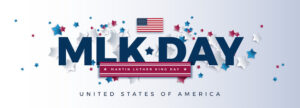
Education as a Catalyst for Social Justice
“The prosperity of society depends directly upon the education of its people.”
Martin Luther King Jr. understood that an uneducated population would struggle to foster innovation, equality, or growth. Knowledge and literacy, he believed, were essential foundations for building fair and prosperous societies.
Lesson for Today
King’s vision aligns seamlessly with modern views that education is the great equalizer. Providing equitable access to education can help diminish economic and social disparities. It’s a call to governments, international organizations, and individuals to invest in education as a means of improving society as a whole.
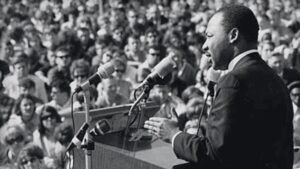
Education and Moral Responsibility
“Our scientific power has outrun our spiritual power. We have guided missiles and misguided men.”
This quote speaks to the imbalance between technological advancements and moral growth. King believed that while science and technology enhanced society’s tools, it was education’s job to guide how those tools were used responsibly.
Lesson for Today
The world has seen massive scientific developments since the days of Dr. King—artificial intelligence, biotechnology, and space exploration, to name a few. However, his concern remains valid today. Ethical education must keep pace with technological innovation to ensure progress benefits humankind as a whole.
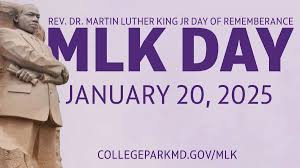
The Transformative Power of Education
“Change does not roll in on the wheels of inevitability, but comes through continuous struggle.”
Though often quoted in the context of social activism, this statement applies to education as well. Real learning and change require dedication, hard work, and persistence. Education is an active process—one that demands effort and commitment from both teachers and students.
Lesson for Today
This is a motivating message for anyone navigating the challenges of the modern educational system. Hardship in learning—be it rising tuition fees or academic competition—shouldn’t deter anyone from striving for change and personal development.
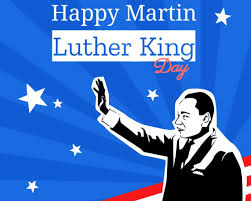
Equality Through Education
“The complete education gives one not only power of concentration, but worthy objectives upon which to concentrate.”
Here, King highlights both the pragmatic and moral possibilities that come from true education. It equips people to focus their efforts on noble pursuits—be it civil rights, community development, or scientific breakthroughs.
Lesson for Today
This quote resonates in today’s polarized world. Education is about more than career advancement; it’s about finding ways to contribute to the greater good. Reflecting on “worthy objectives” provides a moral compass for students and professionals alike.
